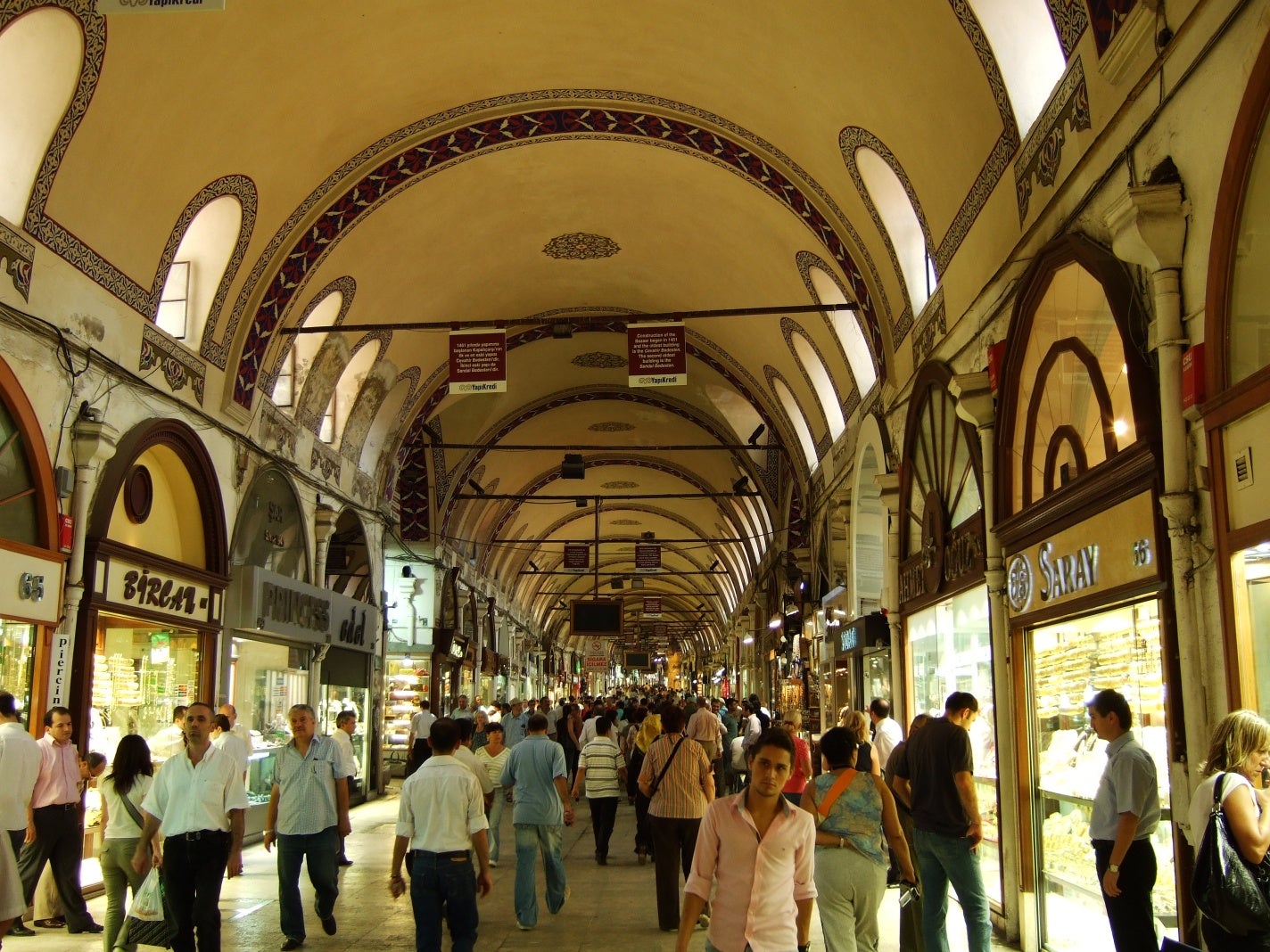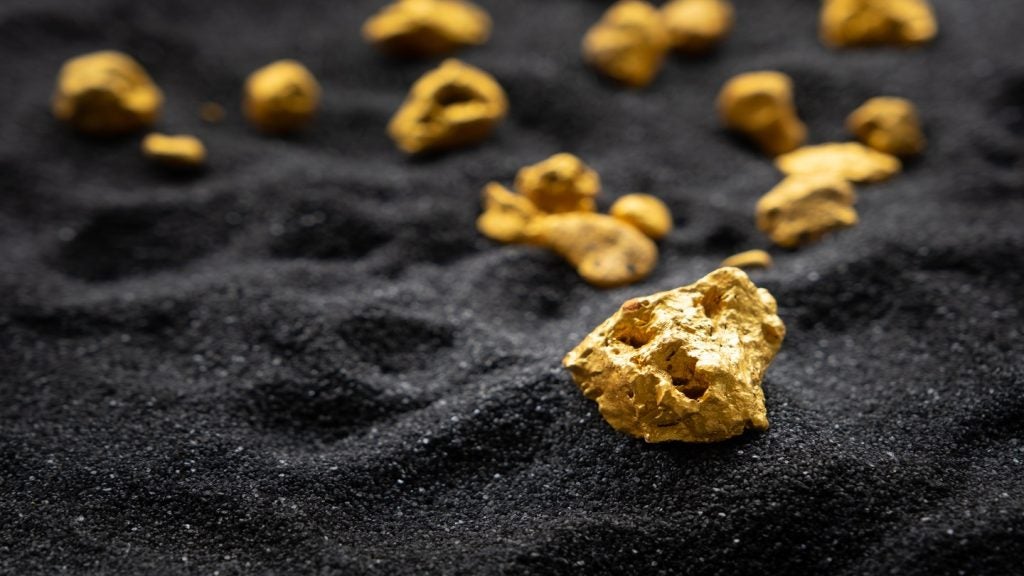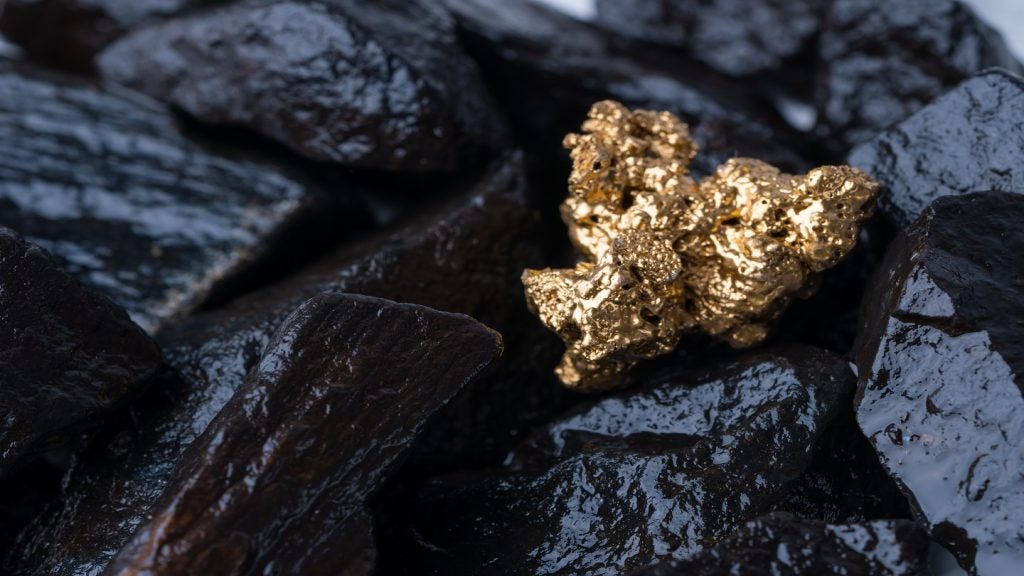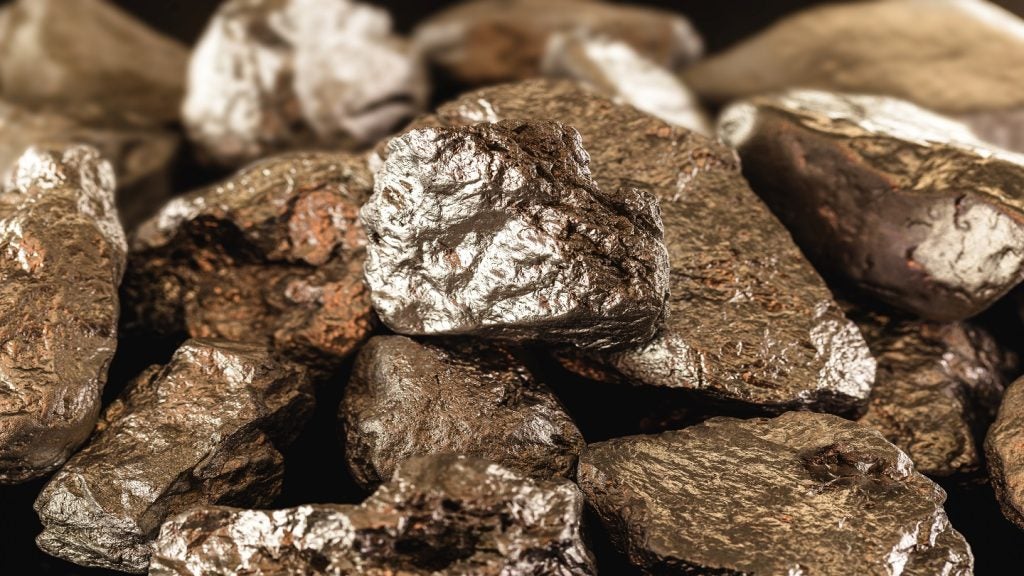
This year has seen the Turkish lira plummet to record lows, falling more than 33% against the dollar. As a consequence, inflation in the country continues to increase, forcing Turks to turn to gold as an economic safe-haven. Many view the commodity as more secure than money in the bank and more likely to provide a return on investment.
The national coffers are in a precarious position. Turkish authorities spent $134bn over the past 18 months, hugely depleting the country’s foreign exchange reserves in a failed attempt to bolster local lira. Meanwhile, the price of gold has hit new highs. At the time of writing, it had hit $1,900 an ounce.
Like other gold producing countries, Turkey is keen to capitalise on the commodity’s ongoing price boom – but also end its reliance on imports. As well as an investment safe-haven, the precious metal is a popular gift at weddings and other ceremonies, a tradition that has contributed to Turkey being the fifth largest consumer of the precious metal. According to an October trade ministry report, imports of precious metals, including gold, rose by 221% to more than $3.5bn.
Furthermore, the Turkish Central Bank has also been rapidly buying gold, adding about 170 tons to its stockpile this year. A law introduced in 2017 gives the bank the right of first refusal to purchase gold mined in the country at prevailing market prices and it has snapped up most local production.
Supply and demand
Matching more of this demand with locally produced supply could boost national revenues and reduce money spent on imports. For this reason, Energy and Natural Resources Minister Fatih Dönmez has said the government wants to reach 100 tons of annual gold production in the next five years.
Turkey first started producing gold in 2001, outputting around 1.4 tons. Last year, the country produced 38 tons, which was a record high. And despite the Covid-19 pandemic, the government’s target of reaching 44-45 tons of gold production is expected to be met in 2020.
How well do you really know your competitors?
Access the most comprehensive Company Profiles on the market, powered by GlobalData. Save hours of research. Gain competitive edge.

Thank you!
Your download email will arrive shortly
Not ready to buy yet? Download a free sample
We are confident about the unique quality of our Company Profiles. However, we want you to make the most beneficial decision for your business, so we offer a free sample that you can download by submitting the below form
By GlobalDataOver the last few decades, gold mining has soared in the country, in large part due to privatisation that has made Turkey Europe’s largest producer.
The Turkish gold mining industry has attracted $6bn of investment in exploration in the past three decades, according to the head of Turkey’s Gold Miners Association. This has seen 33 gold mining deposits discovered in the last fifteen years, 15 of which are now in operation.
These include UK-headquartered Ariana Resources’ Kiziltepe Mine in the west of the country. According to the company’s gold production results for the last quarter, the mine produced 5,125 ounces, which Ariana said put it on course to maintain its annual guidance of 18,000 ounces into Q4 2020.
The firm hopes to increase gold production from the mine towards 50,000 ounces per annum. It is also exploring and developing another, the Salinbas Project, which it says has the potential to be a multi-million-ounce gold and base-metal deposit. It is located within the highly-prospective ‘Hot Gold Corridor’, which includes the four-million-ounce Hot Maden project.
Koza Gold Operations Company, formed with 100% Turkish capital, is reported in October to have said it will make an investment worth around $150m for producing gold and silver from the Mollakara Project, located in Ağrı. Esan, another Turkish operation, will also increase the capacity of the İnlice gold mine and ore enrichment facility operating in İnlice, Konya.
Other gold mining projects in the country include Eldorado Gold’s low-grade, bulk-tonnage, open pit operation, called Kışladağ. For 2020, the company is forecasting production of 240,000-260,000 ounces of gold. Eldorado also operates Efemçukuru, a high-grade underground operation located in Izmir Province.
Expanding investment
Since 2012, the government has tried to attract more foreign investment and introduced new measures, such as reduced tax rates, to lure them in.
It has largely worked; Turkey is considered one of the lowest cost regions to operate, supported by growing infrastructure.
However, Dönmez has said that long-term research and investment is needed to significantly increase gold production.
Furthermore, new challenges have emerged. Fatih Kaya, a senior consultant at Invist FC, which advises investors in Turkey, told World Finance that bureaucracy and red tape are a problem. Kaya explained that miners need 21 permits and authorisations from various ministries and agencies before they can begin work on a mine.
“The whole process needs to be designed very transparently to assure foreign direct investors that [they are] treated equally [to] other parties in order not to create disproportionate behaviours and unfair treatment.”
Political unrest is also on the rise. Verisk Maplecroft has listed Turkey as one of 37 countries at increased risk of major spikes in unrest during the second half of 2020, ‘driven by a painful post-pandemic economic recovery that will inflame existing public anger with governments’. President Recep Tayyip Erdoğan transitioned the country from a parliamentary system to a presidential one in 2018 and has since seen falling popularity, creating further cause for concern.
Miners have also been a target of civil unrest. Last year, Canadian miner Alamos Gold was forced to close its Kirazli project in western Turkey after its mining concession expired. The project had faced widespread protests against it from thousands of Turks who objected to the use of cyanide to extract gold.
Fiscal challenges
Analysts have said that boosting confidence in the local currency is paramount or Turkey risks a ‘balance of payments crisis’, which many now say is inevitable.
Leading rating agencies, including Moody’s, have downgraded Turkey’s sovereign credit rating. This in turn will likely reduce interest and increase risk for foreign investment in the country.
Some experts have suggested increasing interest rates to reduce people’s preference for gold over money in the banks and to restore Turkey’s reputation as a stable mining destination. However, Erdogan is said to be strongly opposed to interest rate hikes.
Gold mining in Turkey, with its low costs and proven reserves, is a huge revenue opportunity for both miners and the government purse. In fact, the country’s gold reserves are expected to hold more resource potential than a recent natural gas discovery. However, without the right fiscal measures taken now, Turkey faces losing its footing as a good place to do mining business, with investment interest in the region well and truly dampened.







